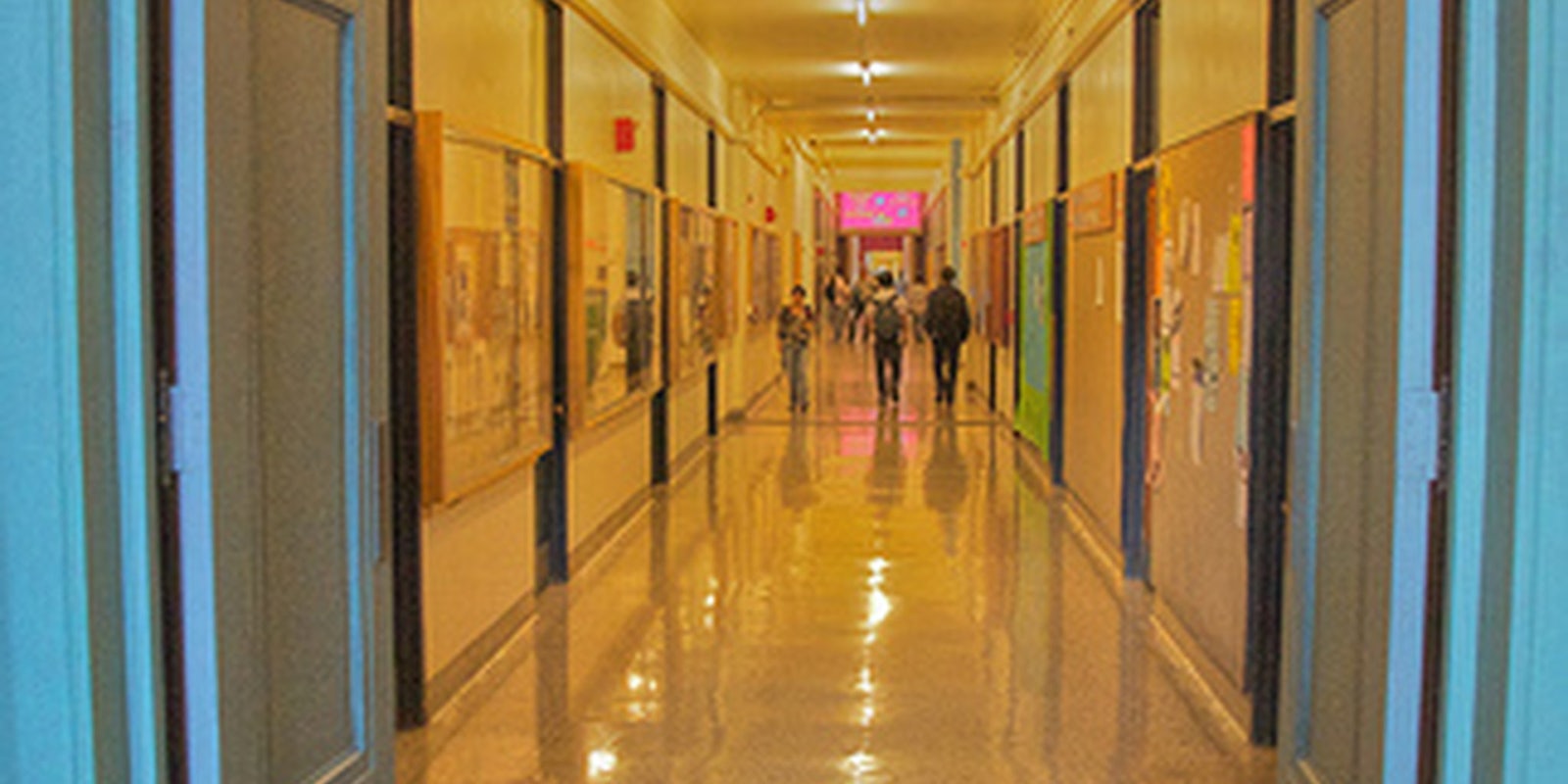High school seniors are scrambling to finish college applications this fall, and guidance counselors are giving a familiar warning: Be careful what you post on Facebook on other social networking sites.
An oft-cited Kaplan report says four out of five college admissions officials search an applicant’s online presence, looking for red flags. But some experts say the impact of an errant post on Facebook may be overblown, and that a solid social media presence may actually help a student get into the school of their choice.
“I discourage the practice of admissions officials using social media to find negative information about applicants. What I’d rather they do is use this information to evaluate a prospective student’s digital literacy skills,” Anthony Rotolo, professor of social media at the School of Information Studies at Syracuse University. “Given the rise in importance of social and digital media in our society, a student that has a strong online brand or presence can be considered a highly qualified applicant by a reviewer who understands the potential value in this.”
Still, most students are looking to clean up social networking profiles, not enhance them with positive material that may make them standout from the pack of applicants. Recent articles, including one on Huffington Post and one on Good Education that advised students to “scrub everything,” are taking the old-line approach.
“’Scrub’ everything? No. Accept that all ppl use Google, and start teaching how to *really* use social media,” tweeted Daniel Hooker, a health librarian who often tweets about online reputation management.
There is, of course, value in removing the photo of your most epic keg stand and making sure friends don’t post knowing comments about your latest hookup on your wall. Steve Cohen, author of the best-selling book on college admissions “Getting In!” says social media works both ways, and students can use it to connect with their top-choice colleges, while also blowing their chances to get in.
“Risqué photos, coarse language, revealing types of behavior are all reasons to turn thumbs-down on a kid. Colleges have too many applicants who are truly qualified,” Cohen said. “And the sad truth is that colleges look for reasons to reject kids…Don’t have anything (online) you wouldn’t want your grandmother to see.”
Cohen added, however, that social media is a great way for students to connect with their top-choice schools. Some schools will also use social networking sites to market directly to students who seem like a good fit.
“Once a student expresses interest in a college—through an inquiry, an application, or a visit—the colleges use social media to stay connected to those kids. Remember that colleges spend a great deal of effort and money trying to get the right kids to apply to and then attend their college,” he said.
“To anyone who was, is, or hopes to be, a college student,” Patricia Fallon Cady posted on Facebook earlier this week. “Social media IS in the public domain. Despite our best efforts, everything posted by us or about us, really IS out there for anyone who wishes to find it.”
Image credit Ed Yourdon
